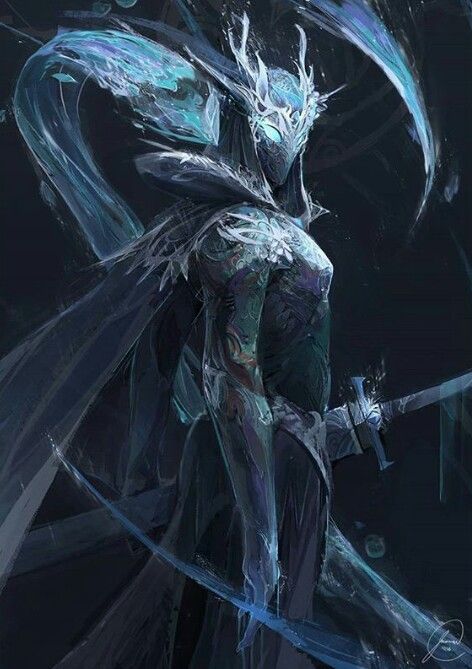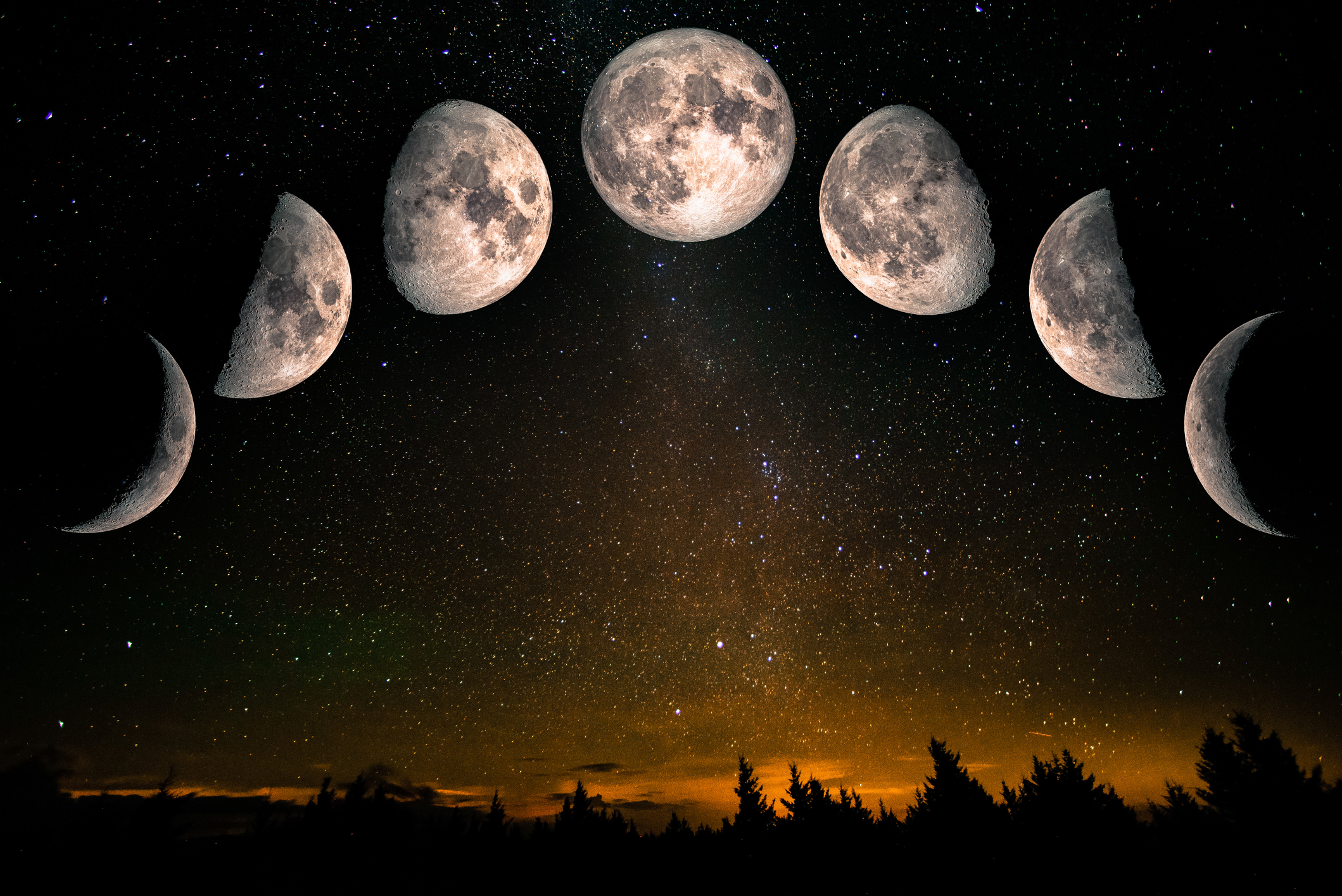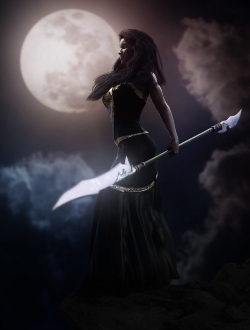Every Fae has a part to play

The Fae refer to their Castes as Auspices, and view them as an obligation placed on them by the Goddess. They believe that their castes are assigned to them at their creation and strive to fulfill the obligations of those auspices with all their zeal. Unlike some of the other supernatural beings in the world, Fae have a tendency to gather together in small groups known as Rings. These Rings, in many ways, reflect a pack of werewolves or group of other lycanthropes, and work together towards common goals, or an individual's goals, cooperatively.
Each auspice has its own role to play in Fae society and each represents a sacred calling that is only ignored at great peril. An auspice is many things. It may influence the Fae's general personality traits, attitudes and interests; it strongly influences his duties in the local court or with a Ring. All auspices are important, for no Fae can be all things to his people. Each specialty strengthens the court or ring as a whole when they focus as one. Within a Ring, Fae custom is to have one of each auspice present, otherwise the Ring is considered to be inauspicious.
Auspices are matched to cycles of the Moon, whom the Fae hold in deep reverence as a sister to their Goddess, and wear the titles of her faces with pride

Trickster, the New Moon
Fae under this auspice embody the archetype of the mythic trickster, the fool who is alternately foolish and wise. He plays the role of the contrary, questioning tradition in order to find the wisest path. Although the New Moon may seem disrespectful, his wry humor and incisive insights are meant to serve the greater good of the Fae. The clever Trickster doesn’t question every decision — only those that need it. In the field, the New Moon is a cunning scout and unconventional tactician, leading the enemy into ambushes and striking at their soft underbellies when they least expect it. While other auspices have fairly set roles within their ring and court, the Trickster is usually left to his own devises. He has the gift of flexibility: the opportunity to explore options usually off-limits to other Fae. His insights are sometimes unwelcome, but frequently worthy. When there’s tension in the air, the Trickster is usually the one to lift it, even if it means putting himself at risk of violence at the hands of a humorless Warrior. But, the New Moon frequently risks it anyway — what sort of trickster would he be if he was afraid to do something unpopular?
Mystic, the Crescent Moon
The sickle-shaped crescent moon grants the gift of insight and the Sight. The Crescent Moons are the mystics of the Fae, closer than any to the Otherworld and its chimera denizens. They peer deep into the shadowed recesses of the spirit world, and are tasked with dealing with the secrets they find there — one way or another. Some call these seers the daydreamers of the Fae, and many do seem to be a bit detached from their brethren. They can see and hear things that others cannot, as if they live half in the world of the physical and half in the world of the spirit. For all her alien solitude, though, the Mystic holds an important place in any Ring or Court. Without her, the Fae would forget the spirit world and their own nature. They might wander lost and blind if they did not have her visions and dreams to guide them.
Judge, the Half Moon
The Half Moon is balance and duality, standing between two worlds. Fae are born of two worlds: Fae and human, flesh and spirit, fury and wisdom, savage and savant. The Judge embraces this duality, attempting to harness it with balance. The Half Moon acts as counselor, mediator and law-keeper to his Ring and Court. Where the No-Moons must question the laws, the Half-Moons must interpret and apply them, finding the wisest answer out of many. Half Moons are called to judge, for better or for worse. Theirs is the task to set punishment when the Fae stray from the path, and to determine when a faery's actions are particularly meritorious. They are frequently leaders in times of peace, but often cede command to Full-Moons or Gibbous-Moons when war breaks out.
Talespinner, the Gibbous Moon
The Talespinner sings the soul of the Fae to the near-full moon, singing of their joys and sorrows, their triumphs and losses. She is the voice of the Fae, calling them to battle and inspiring them to greatness in life and in death. She is also a keeper of traditions, carrying the lore of the kith, the Sidhe, and the demifae all the way back to the beginning. A Talespinner can rouse a Ring or a Court from self-pity and suffering when their weapons are needed for battle. She can speak caution to a Trickster, draw a Mystic from his reverie, soften the heart of a Judge, and soothe the anger of a Warrior. The Talespinner's art and performance may take many forms — she might be a dancer, a storyteller, a musician or a bit of everything rolled into one. She may even be a leader in times of war, one part bard, one part special forces. When the battle is done, hers is the voice first raised to praise the sacrifices made by the fallen, and the triumphs of those who still live to fight again.
Warrior, the Full Moon
The Fae’s connection to the moon is much more extensive than human legends state. Every phase has its secret, but human myth comes close to understanding the truth in one aspect: the full moon floods the Warrior with fury. The Warrior is the living weapon of Gaia, the lord of bloodshed. He is the warrior among a race of soldiers, the champion of a martial people. He is ever ready to kill, and to die if need be. The Full-Moons are respected, but also treated with some level of dread. Their killing instinct is inborn; even a Full Moon taking its first breaths in the maturity of its power is more lethal than many veterans of other auspices. Their elders are few — it’s a rare Full-Moon that survives the countless battles that are his birthright — but all the more terrifying for their experience. Like the Talespinner, the Warrior is an inspiring leader in time of war, but he leads with deeds and action. He is first into battle and last to retreat — if he ever retreats at all. In times of peace, he relinquishes command to others, but remains ever vigilant, knowing his talent for war will be needed again all too soon.


